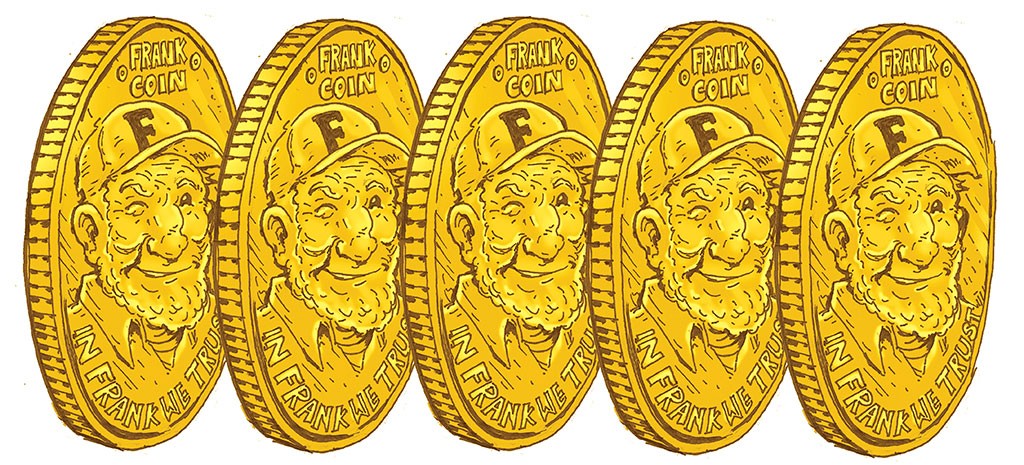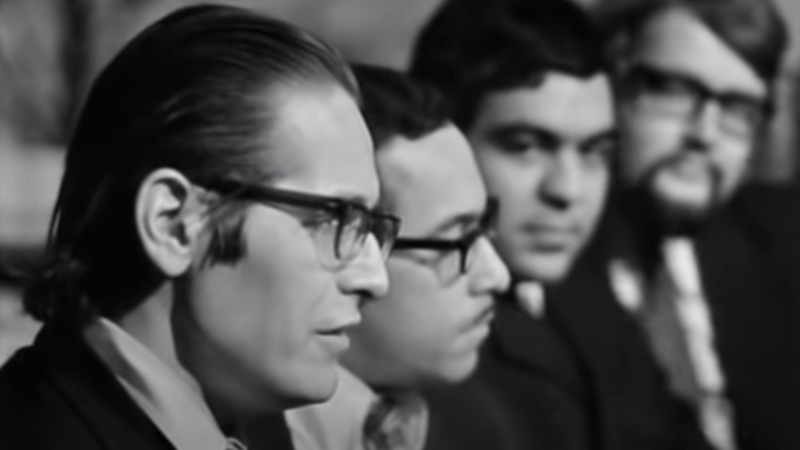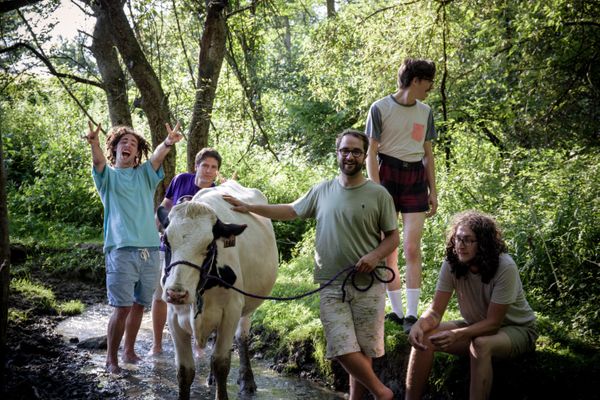Integrity and the Anonymous Internet

The Daodejing (Tao Te Ching) declares the falseness of names and labels right in its first lines.
道 可 道 非 常 道.
名 可 名 非 常 名.
Dao ke dao fei chang dao. Ming ke ming fei chang ming.
The Dao that can be spoken is not the true Dao.
The name that can be named is not the true name.
So the culture of online anonymity, where hiding your “true” name is essential and “doxxing” (revealing someone’s real life identity or location) is a mortal sin, must be quintessentially Daoist, right?
Wrong. Nothing could be farther from Daoist ideals.
Daoism is concerned with rejecting what is false or hypocritical, and staying closer to underlying truth. No one had to tell Daoists that “on the Internet, no one knows you’re a dog.” But that’s not a good thing; the point is to look past those labels and perceive what is real and true. Don’t hide the fact that you’re a dog through aliases and proxy servers; embrace who you are, and try to grow into a well-rounded human.
Anonymity culture doesn’t criticize the surface labels; it celebrates and fetishizes them. And the results are as bad as Zhuangzi might have expected.
On the plus side, people speak more freely and and share a lot of embarrassing stories on Reddit and other online powwows. Against that are countless examples of the worst of humanity hiding behind their lack of accountability — open racism, frequent rape and death threats, organized campaigns of harassment, and the constantly painful stupidity called “Youtube comments.”
There were great hopes that hidden identities would bring a golden era of whistleblowing, but they haven’t materialized. One 1970s source code-named Deep Throat delivered far more valuable dirt by walking in a dark parking garage than all of the anonymous online tips so far, combined. He brought down a president and protected his real identity for over 30 years.
Whatever you think of Edward Snowden, Julian Assange and Bradley/Chelsea Manning, we all know their real names. Anonymity did nothing to facilitate what they did.
Reddit and various Chans (4Chan, 8Chan) are considered the home base of anonymity culture but it goes back much further, and the roots are telling. It evolved out of computer hacker culture in the 1980s, before web browsers existed, when everyone connected through telephone wires, dialup modems, and “bulletin boards” (BBS systems) that you literally called up on the phone.
This was a culture where every hacker was breaking the law, as justified as they might feel, and your moniker was your only protection. If someone doxxed you, there was a good chance that you faced arrest and jail time. That ethos has expanded into more mainstream and even altruistic ventures, such as Wikipedia and Metafilter, but it remains problematic at best.
Wikipedia has a peculiar contradiction. There is strict anonymity for contributors and you can be kicked off the editors’ roster for revealing someone’s real life identity. Yet, there is also a strict ban on editing when you have a conflict of interest regarding the subject or content of an article, or editing under a second login purporting to be someone else (a “sockpuppet”). How can anyone know, when they don’t know who you are? Admins try to finesse this by checking IP addresses and times, or looking at the general drift of your edits, but it’s very difficult to resolve.
Yes, the Daodejing understood these issues and described them 2,500 years ago. But it suggests why they are best avoided, not celebrated. Online identities are loose and manipulable, even more than spoke and printed words and names, but the dynamics are the same.
The lesson is to avoid the disconnect that language symbols create, and stick as closely as possible to the reality underlying them. Are you uncomfortable saying something online? Then don’t say it. Or grow in confidence until you no longer fear the eyes of others. But don’t revel in the mind games.
Cover photo by Vincent Diamante [CC BY-SA 2.0 (http://creativecommons.org/licenses/by-sa/2.0)], via Wikimedia Commons




